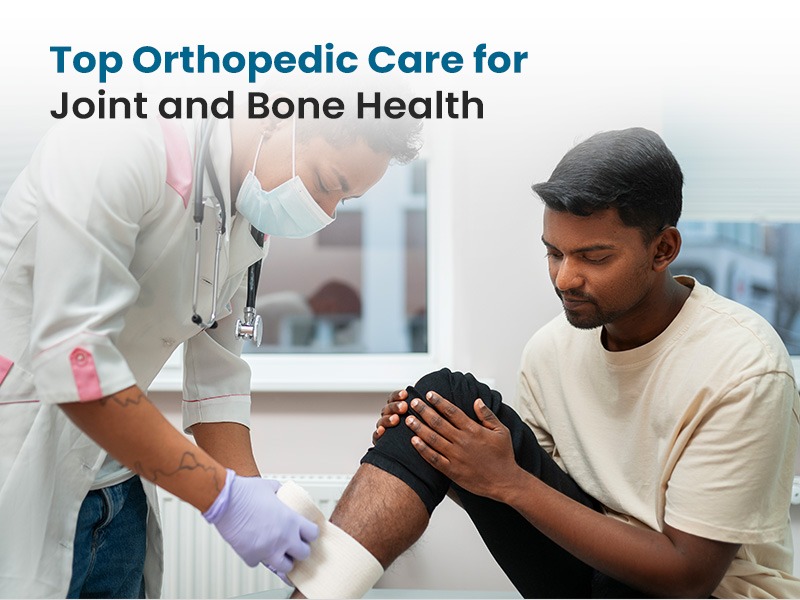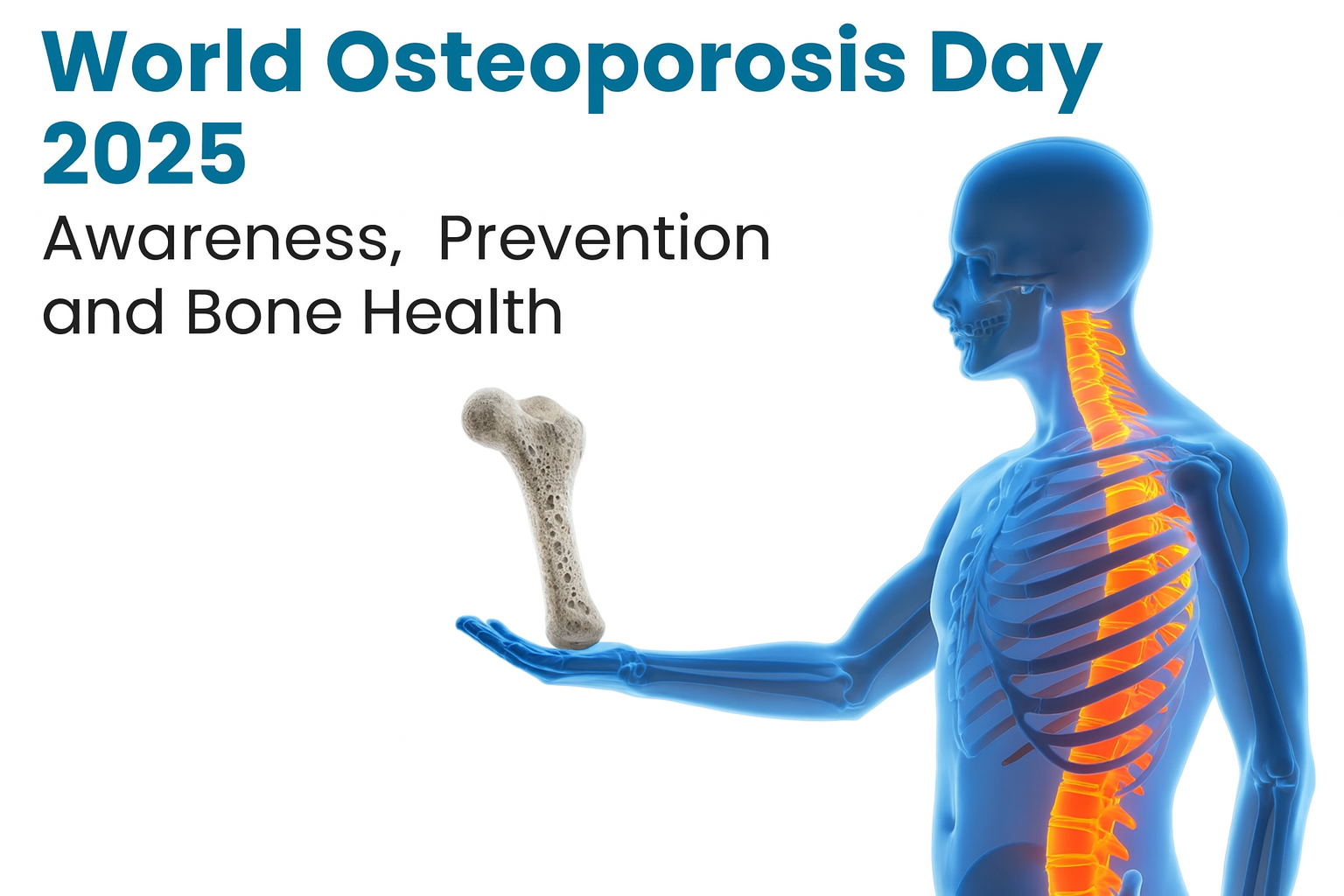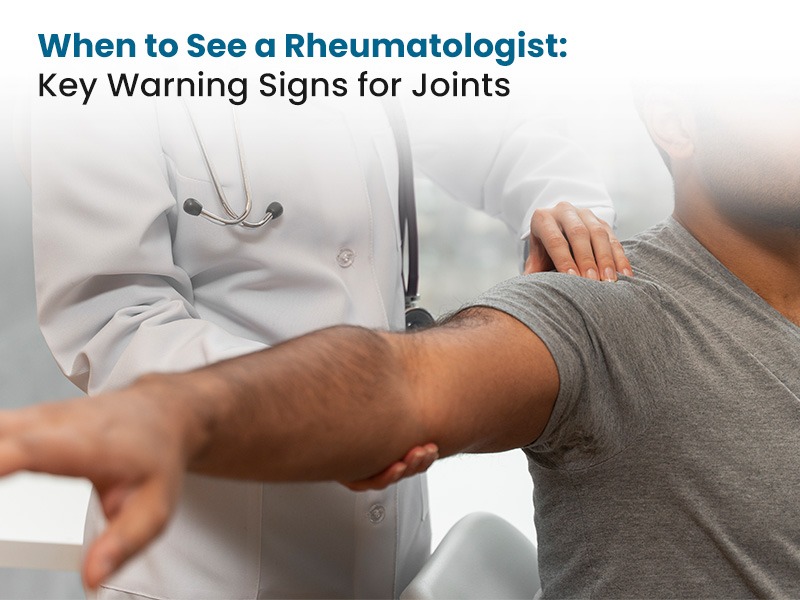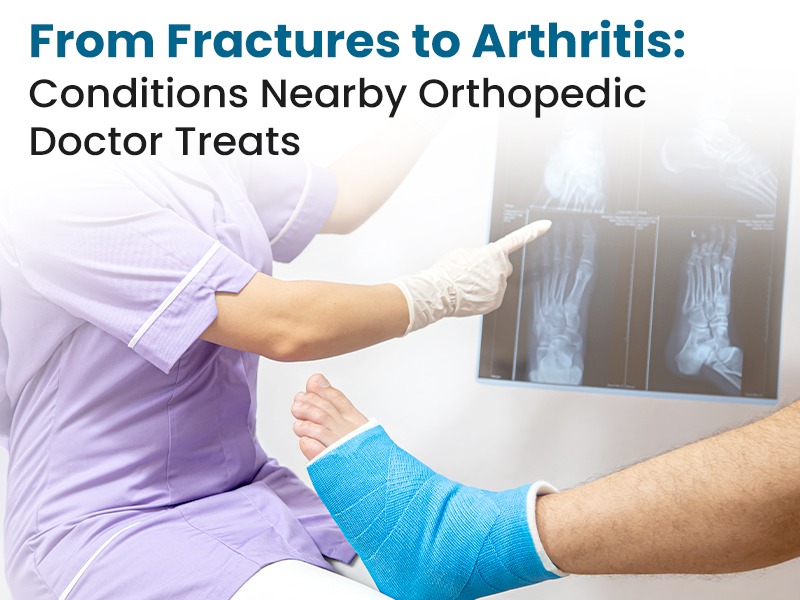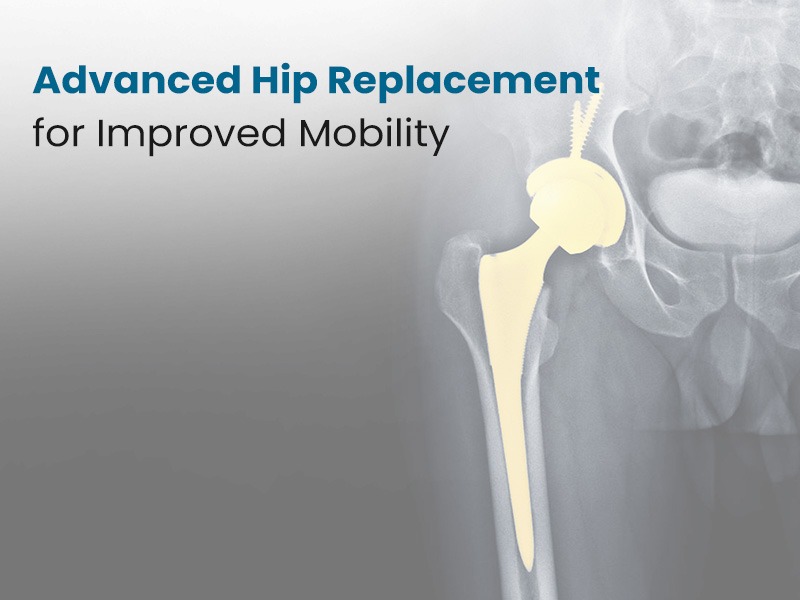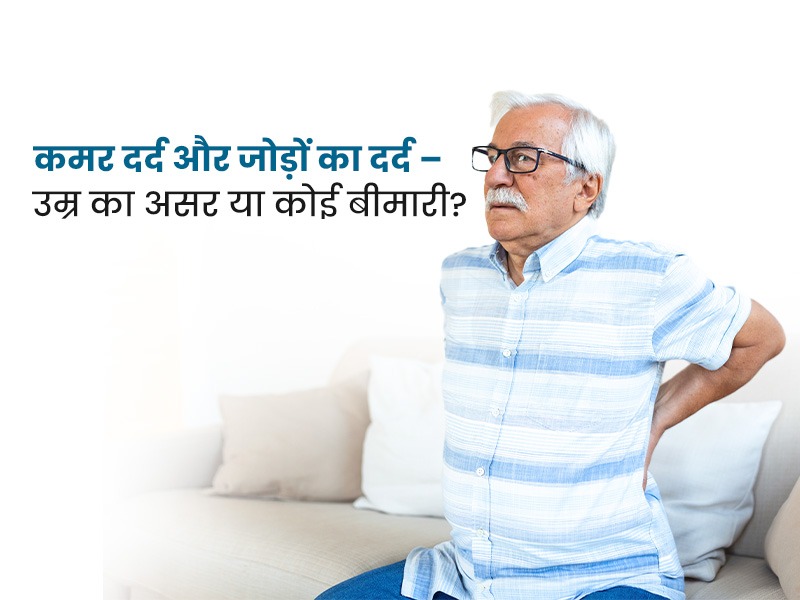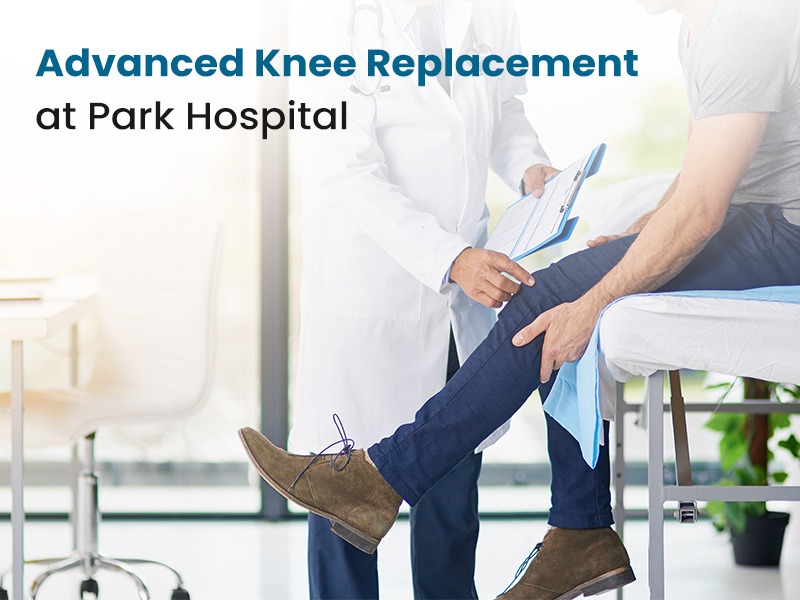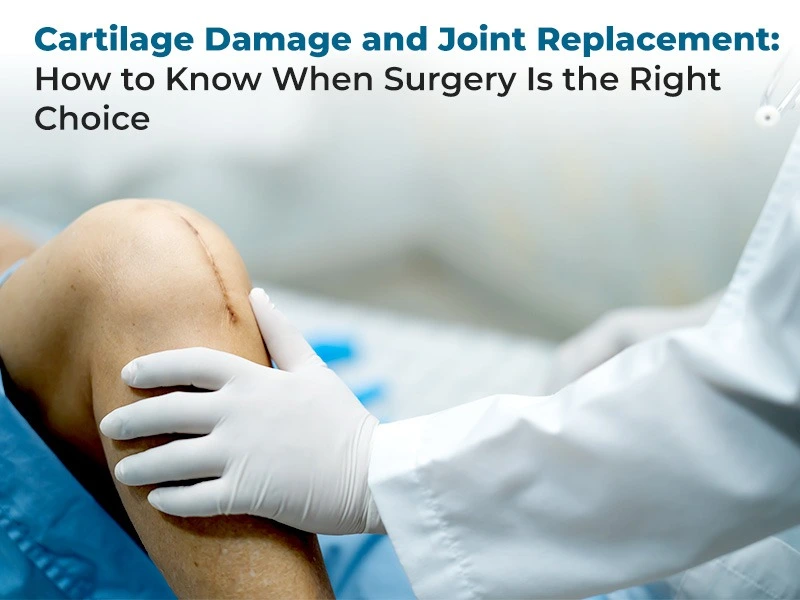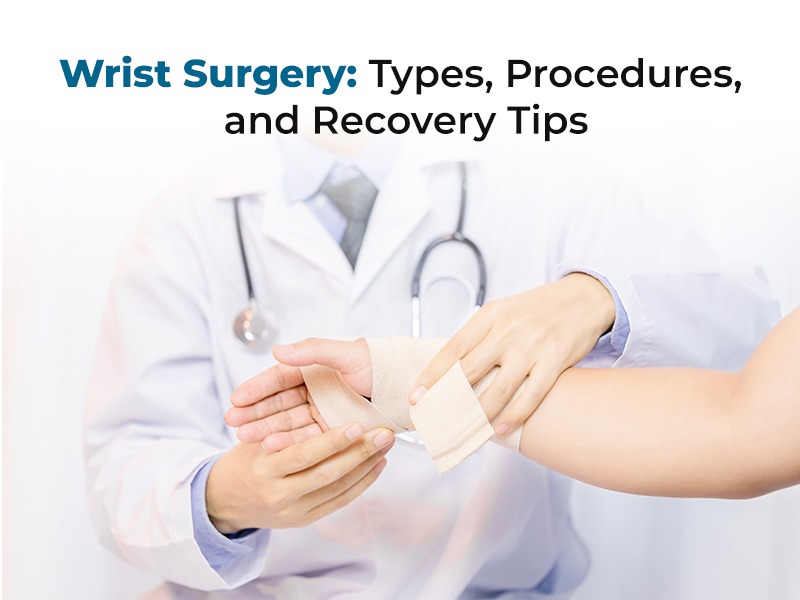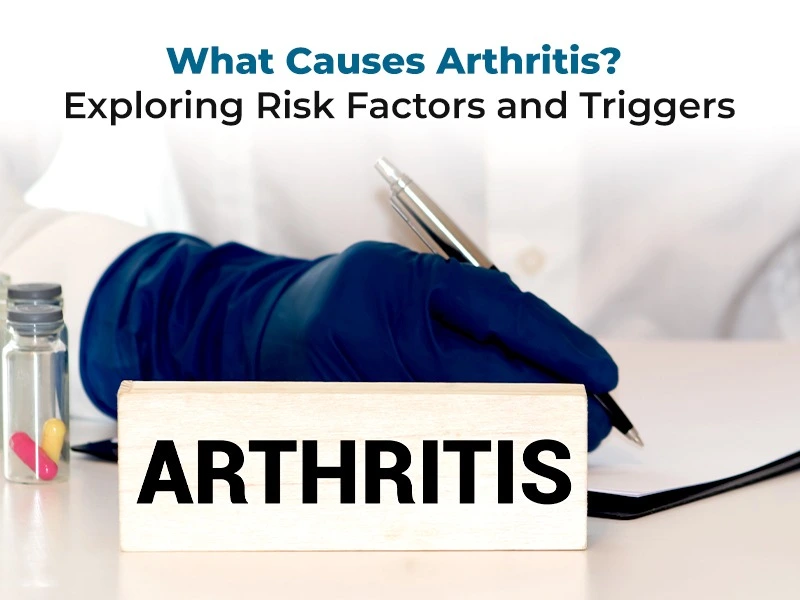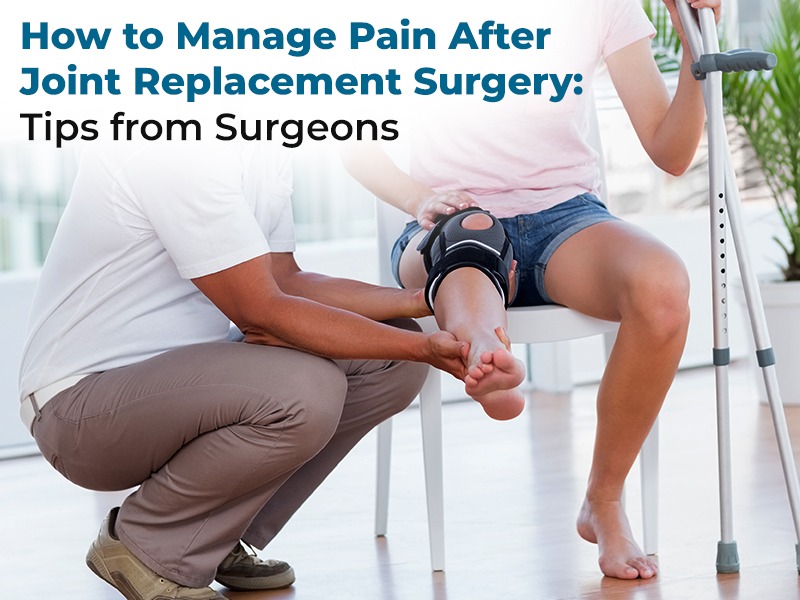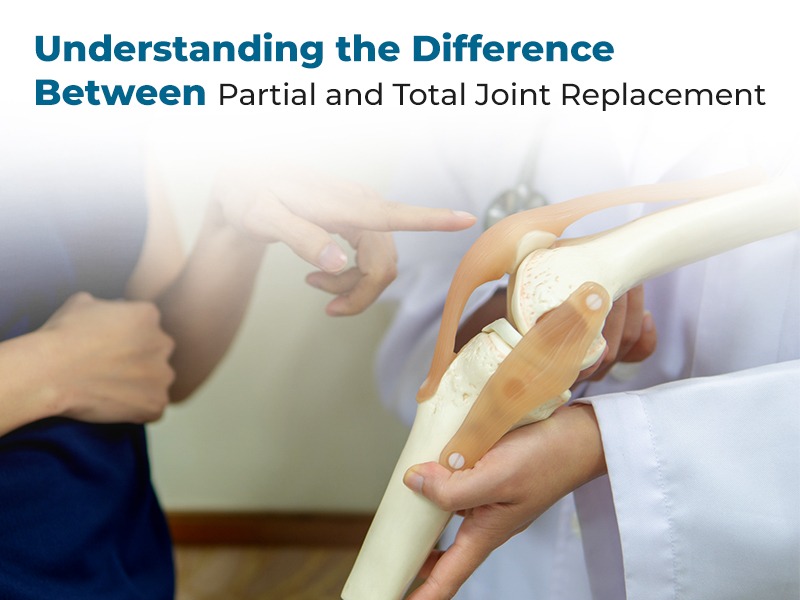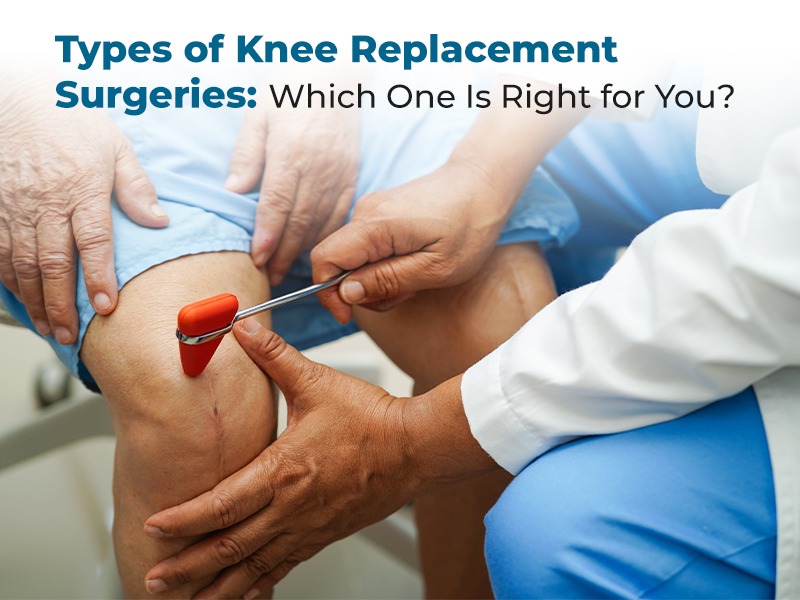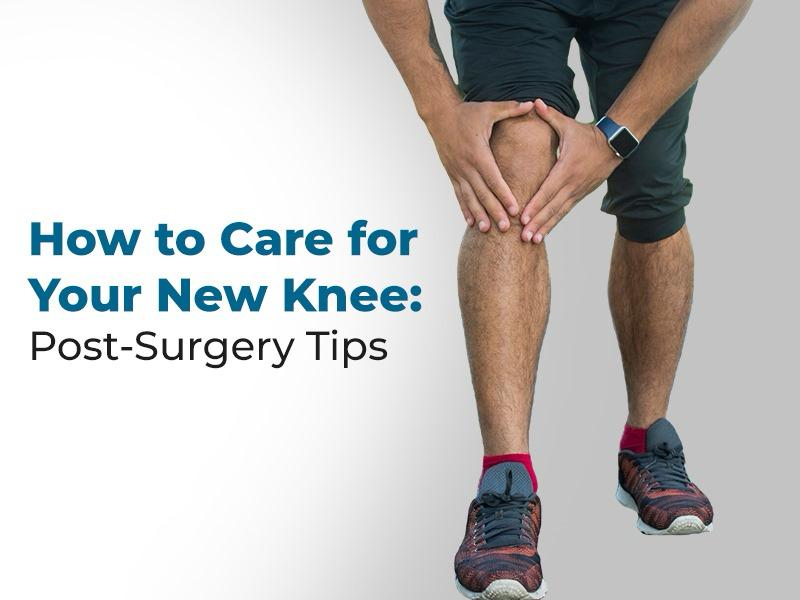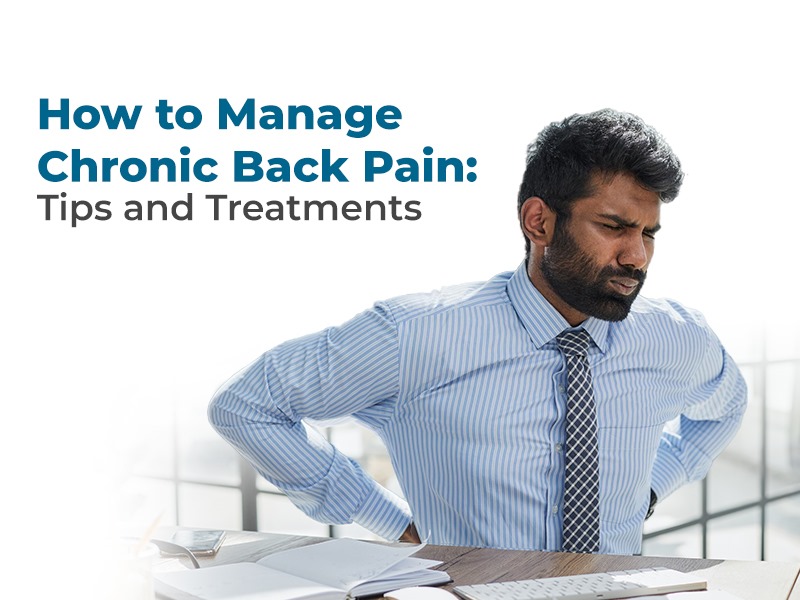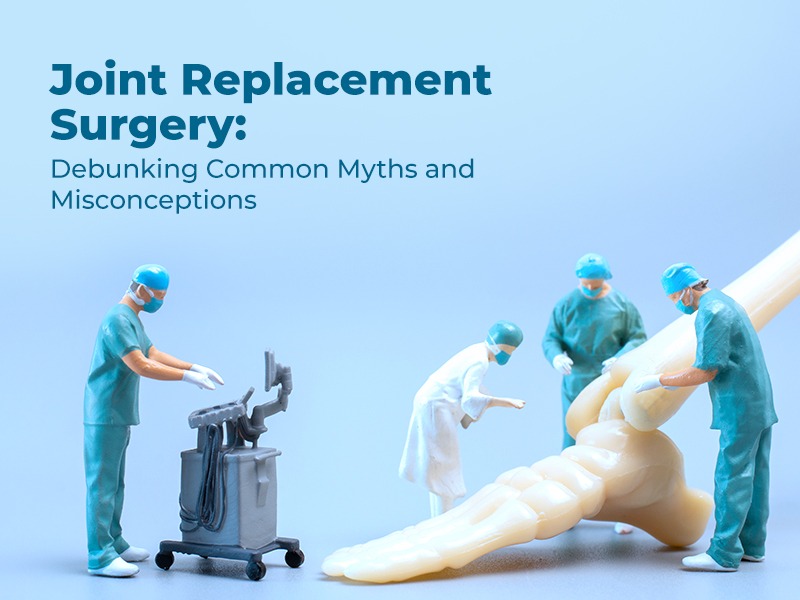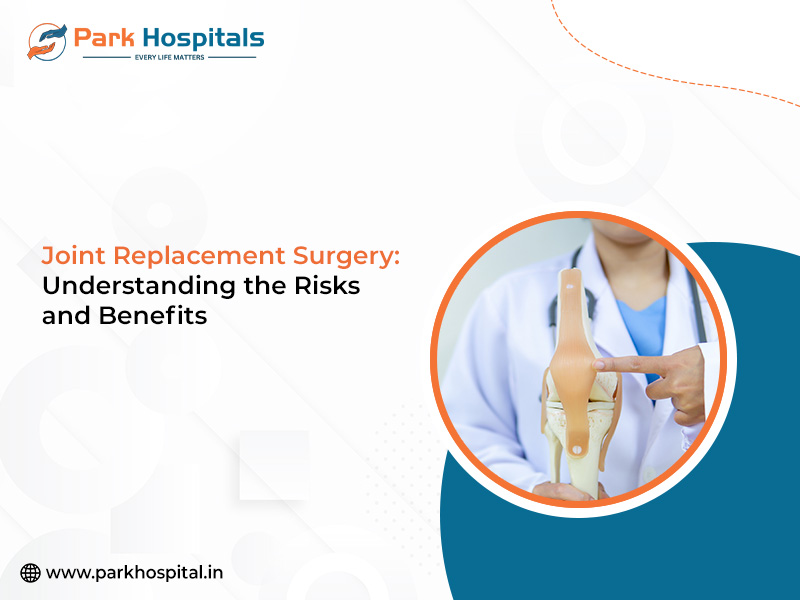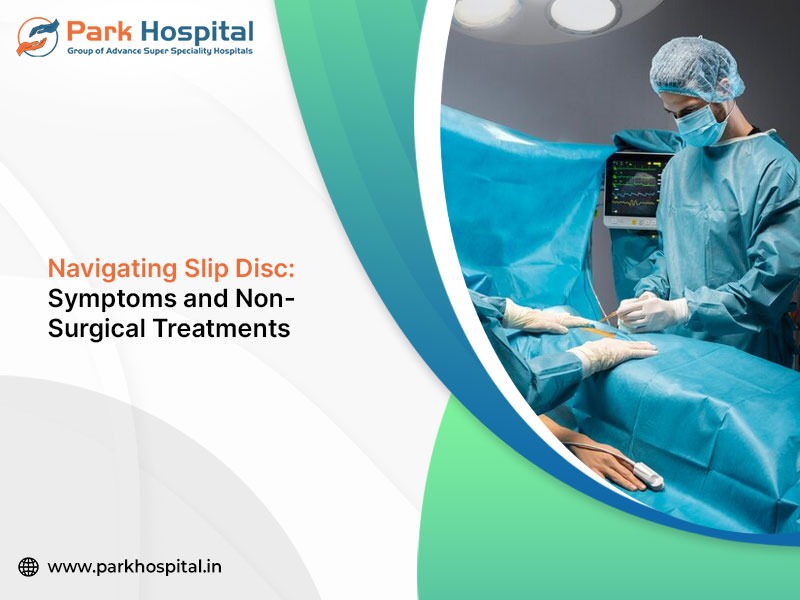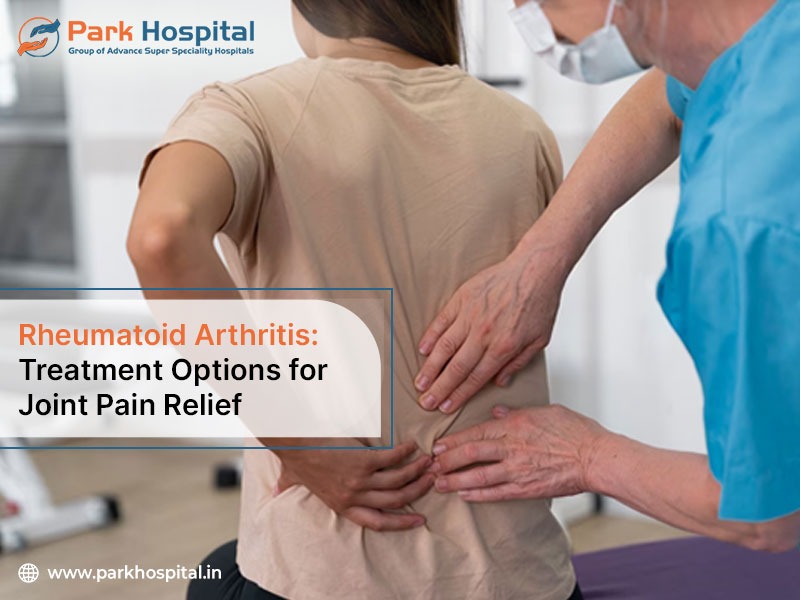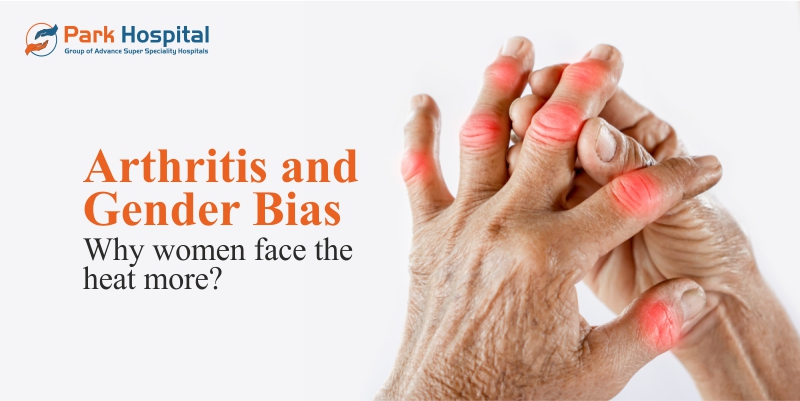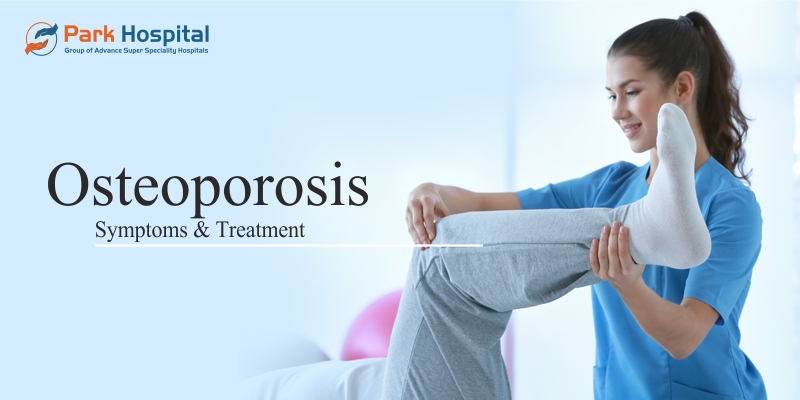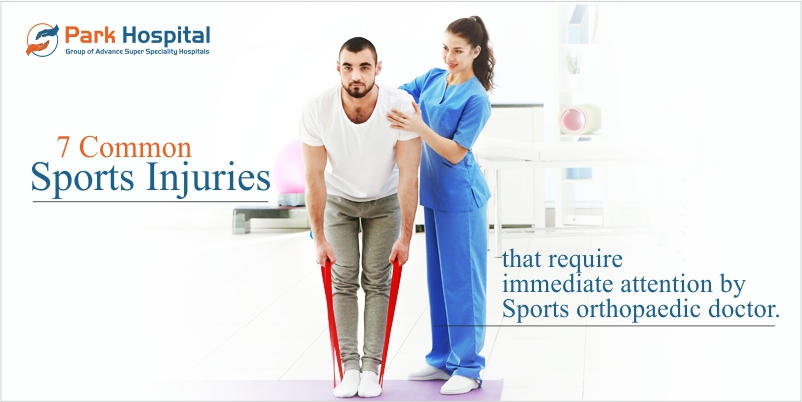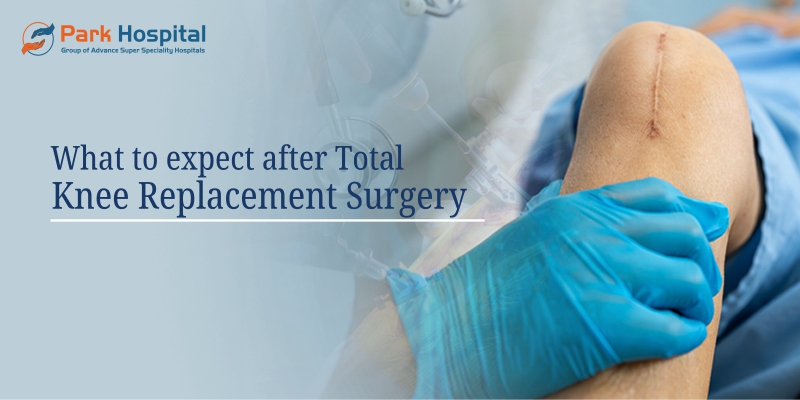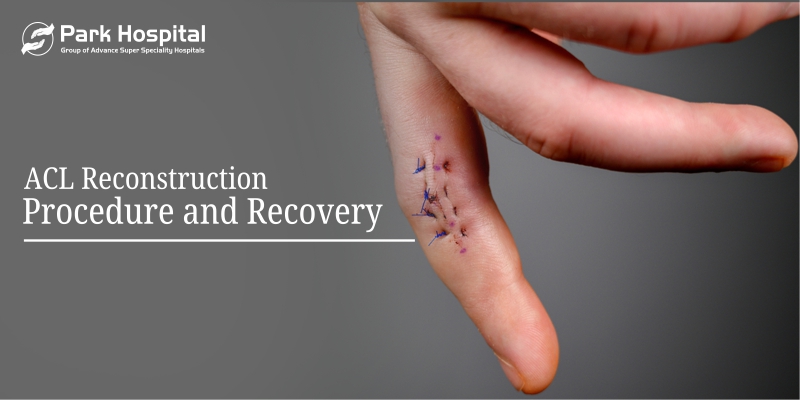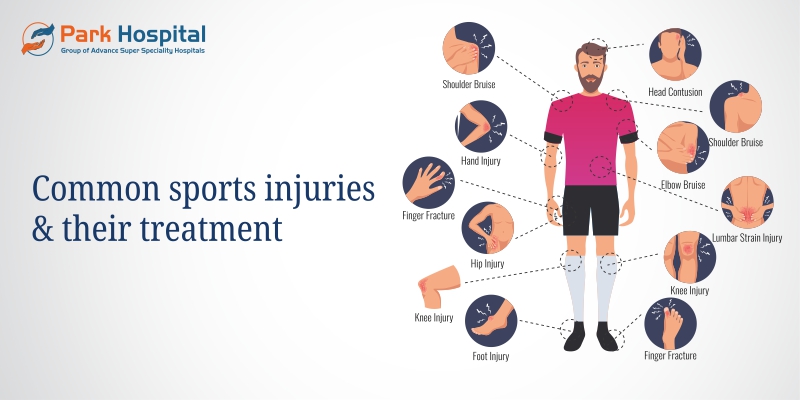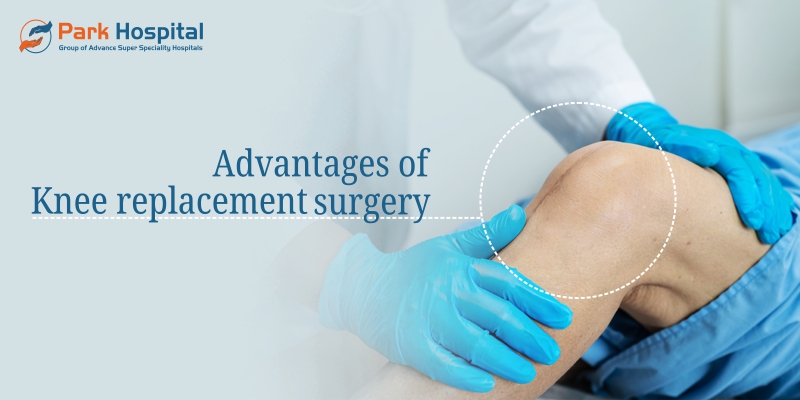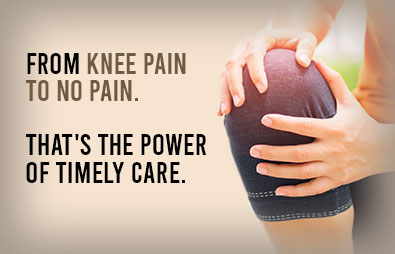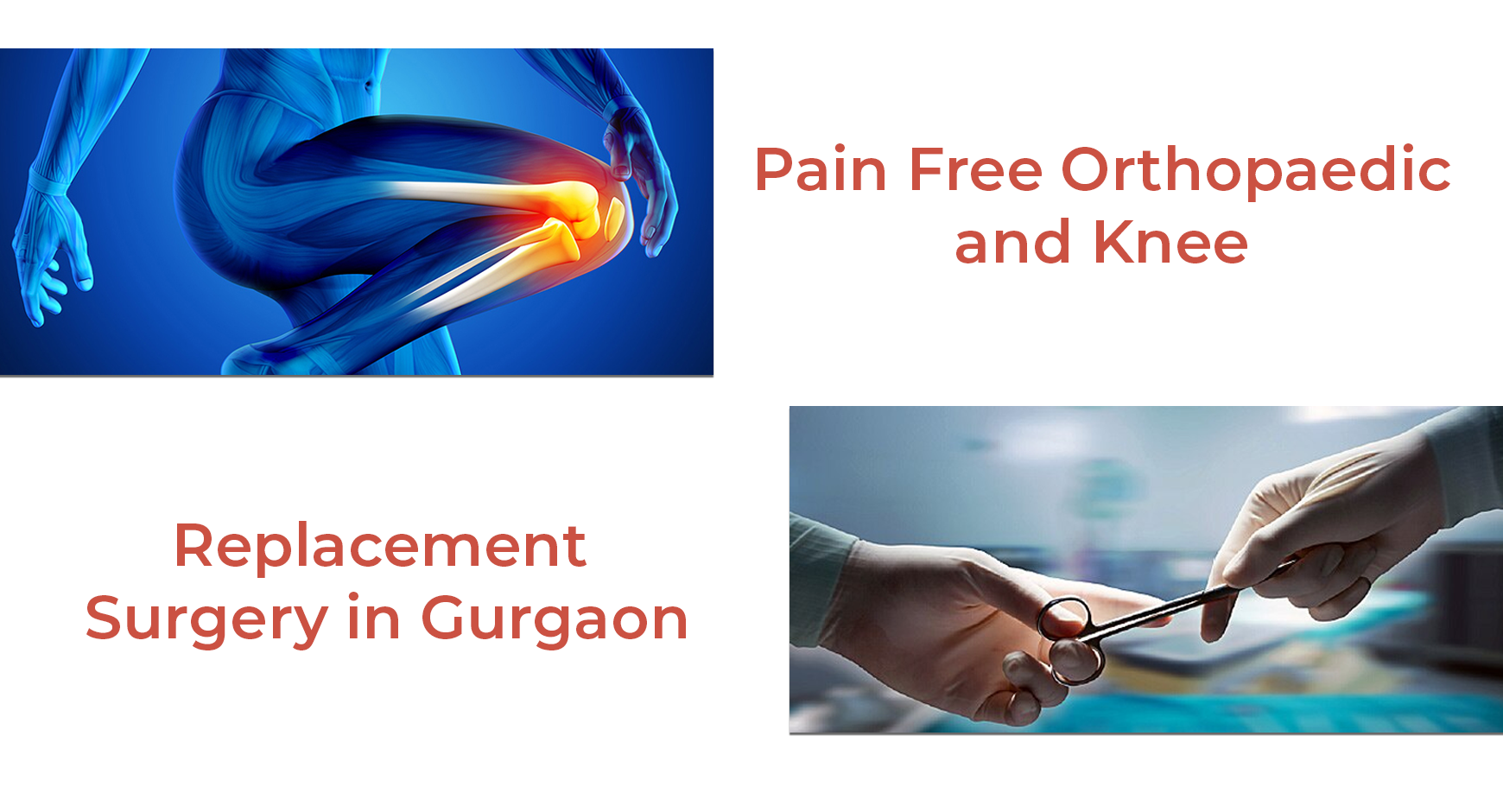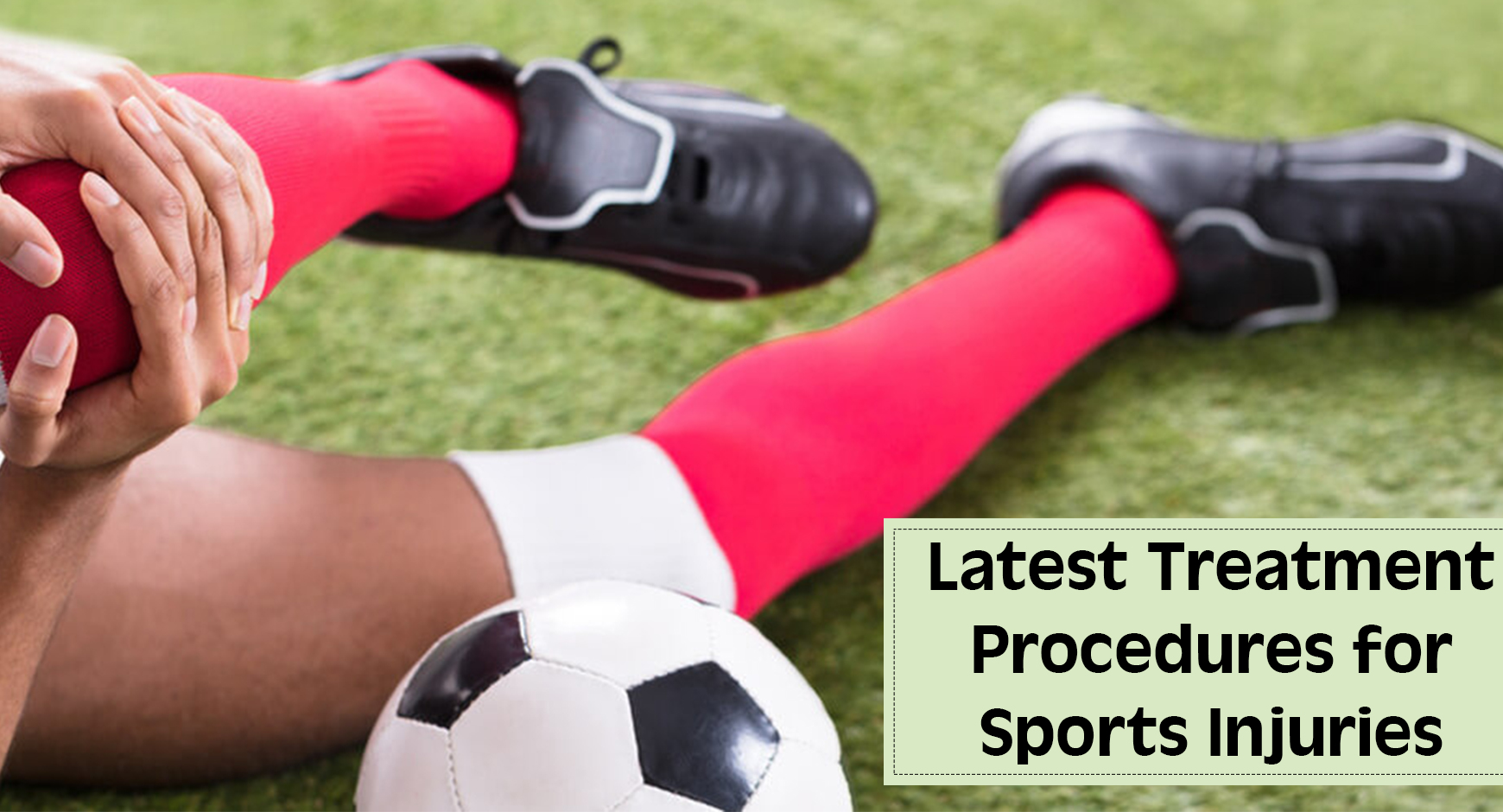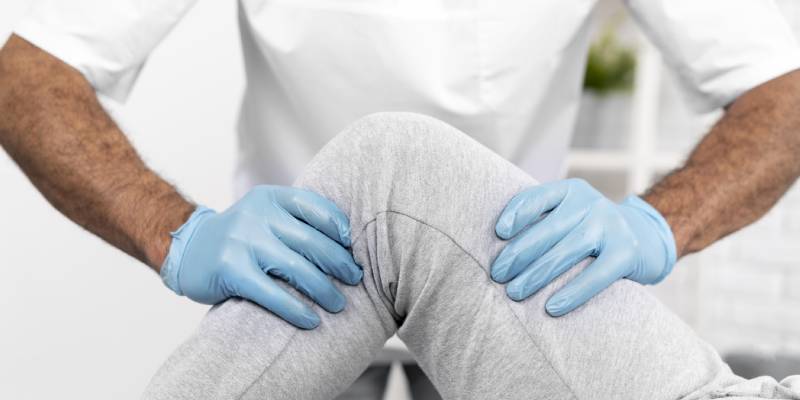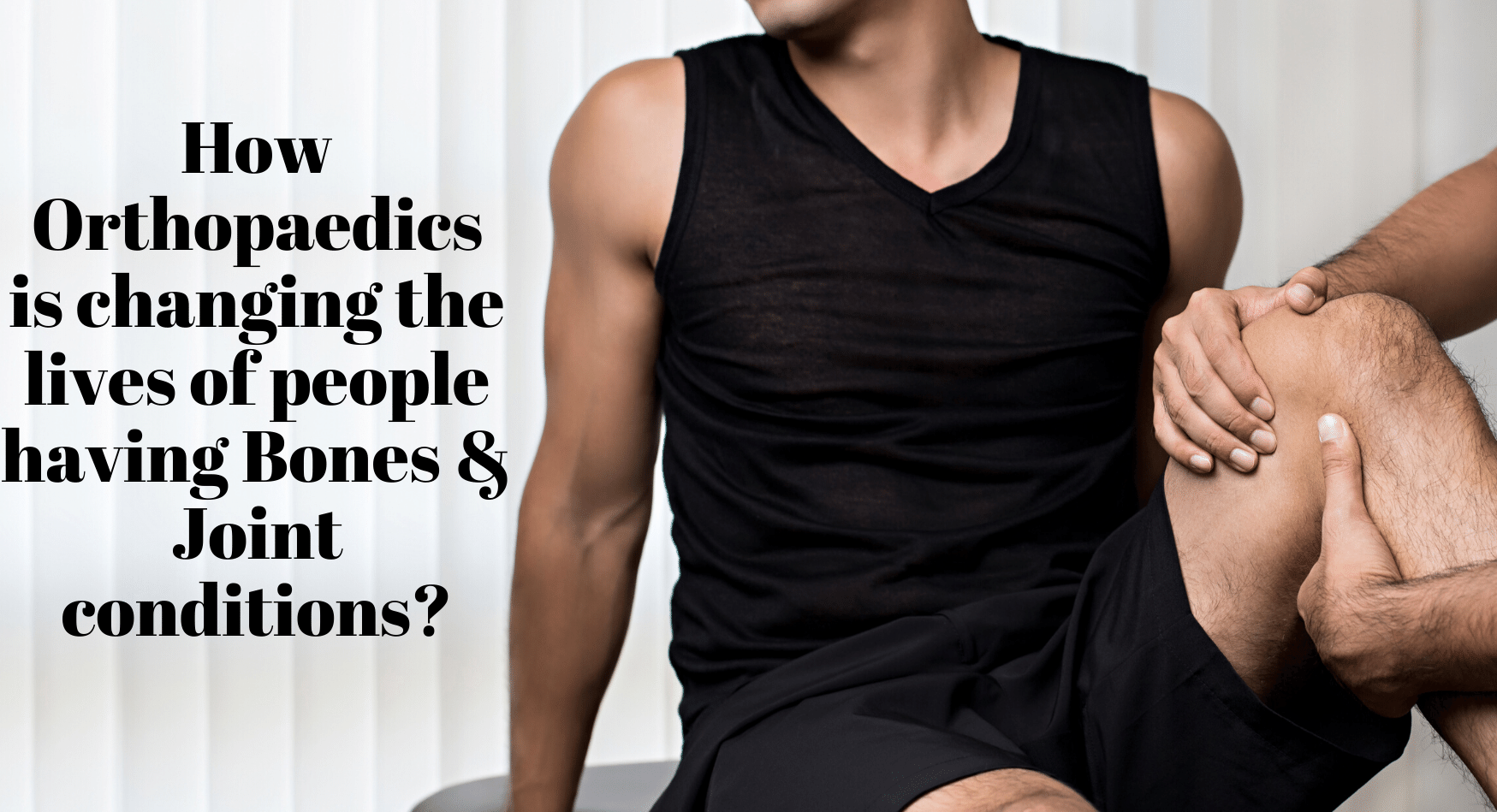Joint pain, stiff knees, back trouble we don’t really think about any of it until it starts slowing us down. But once it does, it affects everything. The way you sit, stand, walk, work, sleep (basically live your life). And suddenly, things that used to feel easy start to feel like effort.
That’s where care of the best orthopedic doctor comes in. It’s not just about surgery or big hospital setups, it's about understanding what’s going wrong and fixing it in a way that fits into your life.
Let’s talk about what orthopaedic care really involves, when you might need it, and how it can actually help you feel like yourself again.
So, What Is Orthopaedic Care?
In simple terms, orthopaedics is the branch of medicine that deals with your bones, joints, muscles, ligaments, and tendons, basically everything that helps you move.
An orthopaedic doctor can help with:
Long-term joint issues like arthritis
Fractures or bone injuries
Sports injuries (think ligament tears or dislocations)
Back or neck pain
Weak or thinning bones (like osteoporosis)
Shoulder, hip or knee trouble that doesn’t go away
It’s a pretty broad field, and treatment can range from simple rest and physiotherapy to surgery, if needed.
When Should You See a Specialist?
We think a little pain or stiffness is just part of life, something that will go away on its own. And yes, sometimes it does. But not always.
If you’ve got:
Pain that lasts more than a few weeks
Joints that feel stiff or swollen
Back pain that keeps coming back
Clicking or locking joints
Repeated injuries from workouts or sports
Trouble walking or climbing stairs
…it’s worth getting it checked by a joint pain doctor. Small issues can turn into big ones if you keep pushing through.
What Does Good Orthopaedic Care Look Like?
Let’s say you walk into a hospital or clinic with a knee that’s been bothering you. What happens next?
Here’s what you should expect from good care:
1. A Proper Look at What’s Going On
You might be sent for an X-ray, maybe an MRI, or a simple physical check depending on the issue. The aim of the medical experts here is to find out the root cause of the issues, and not just brushing off the symptoms.
2. Non-Surgical Treatment First
This is actually more common than people think. Doctors usually try:
Physiotherapy
Support braces or insoles
Strength-building exercises
Pain-relief medication or gels
Lifestyle advice (posture, weight, walking style etc.)
3. Surgery But Only If Needed
If nothing else is helping, surgery might be suggested by the orthopedic surgeon. That could mean:
Arthroscopy (a small, camera-based procedure)
Joint replacement (like knee or hip)
Spine surgery (for serious disc or nerve issues)
Repairing torn ligaments or tendons
Most surgeries today are far quicker and easier to recover from than they used to be.
4. Recovery and Rehab
This bit often gets ignored, but it’s super important. Whether you’ve had surgery or just physio, recovery involves movement, support, and a bit of patience. The good places will guide you through this, step by step.
Common Issues People Face (and What Helps)
Osteoarthritis
This is the wear-and-tear stuff usually in the knees, hips, or hands. It creeps in slowly. Early treatment includes exercises, joint injections, and sometimes partial or full replacement if pain gets too much.
Back Pain
Could be a slipped disc, nerve compression, muscle strain, or posture-related. A proper diagnosis is important. Core strengthening and physiotherapy can work wonders if caught early.
Sports Injuries
Torn ligaments, dislocated shoulders, ankle sprains these need rest, support, rehab and sometimes surgery. The idea is to help you heal and avoid the same injury again.
Osteoporosis
The bone specialist explains that it is more about prevention especially for women after 40. Bone scans, supplements, diet and safe movement help keep bones from becoming brittle.
How to Keep Your Bones and Joints Happy Daily
You don’t need a gym subscription or a doctor on speed dial. Just a few regular habits can make a huge difference:
Move a little, every day: Walking, stretching, yoga whatever you enjoy. Just don’t sit still too long.
Watch your posture: Slouching on the sofa or hunching over your laptop adds up.
Eat well: Get enough calcium, protein and vitamin D. (Eggs, greens, curd, and sunlight all help.)
Keep your weight in check: Your knees, hips and back carry whatever you carry.
Warm up before exercise: A few minutes of stretching can protect your joints from strain.
Don’t ignore the niggles: Small aches are your body’s early warning system. Listen to them.
Choosing the Right Care: What to Look For
If you’re looking for good orthopaedic care, don’t just go by ads or flashy setups. Ask yourself:
Do they listen and explain things clearly?
Do they offer both surgical and non-surgical options?
Do they work with physiotherapists and rehab specialists?
Are they pushing surgery too quickly or actually taking time to try other things?
Do you feel comfortable asking questions?
A good clinic or hospital won’t rush you. They’ll walk you through your options. And that’s exactly what you want.
One Last Thing
Orthopaedic problems don’t always scream for attention. They often build up slowly. A knee that creaks when you climb stairs, a shoulder that won’t rotate fully, or a back that twinges every time you lift a bag these are all signs worth noticing.
You don’t have to live with discomfort. You don’t have to “wait it out.” And you definitely don’t need to accept pain as a part of getting older.
Whether it’s something mild or something more serious, getting the right consultation of the best orthopedic in Delhi at Park Hospital can help you stay active, independent, and pain-free for longer.
And honestly, isn’t that the whole point?
Also Read About: Recognize Heart Attack Symptoms Early
FAQs
What does an orthopaedic doctor treat?
An orthopaedic doctor treats conditions related to bones, joints, muscles, ligaments, and tendons. This includes fractures, arthritis, joint pain, spinal issues, and sports injuries.
When should I see an orthopaedic specialist for joint pain?
You should consult an orthopaedic specialist if joint pain is persistent, affects your mobility, worsens over time, or doesn't respond to basic rest or medication.
What are the best treatments for knee and hip pain?
Treatment depends on the cause but may include physiotherapy, anti-inflammatory medication, joint injections, or surgical options like arthroscopy or joint replacement.
How can I maintain bone health as I age?
Maintain a balanced diet rich in calcium and vitamin D, stay physically active with weight-bearing exercises, avoid smoking and excess alcohol, and get regular bone density checks.
Which is the best hospital for orthopaedic care near me?
Park Hospital offers expert orthopaedic care, including advanced diagnostics, surgical treatment, and post-operative rehabilitation. You can consult a specialist here for personalised treatment plans.

